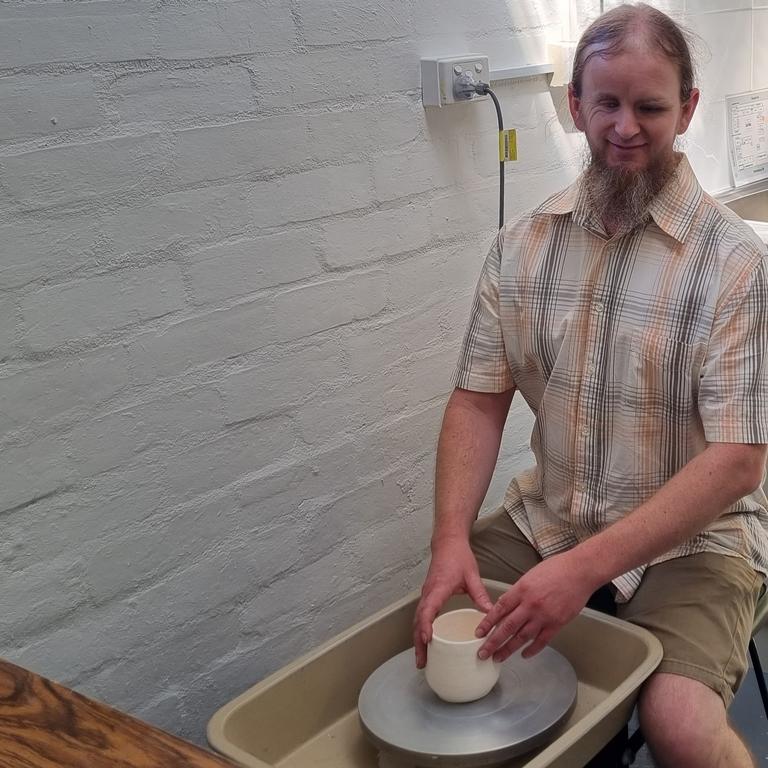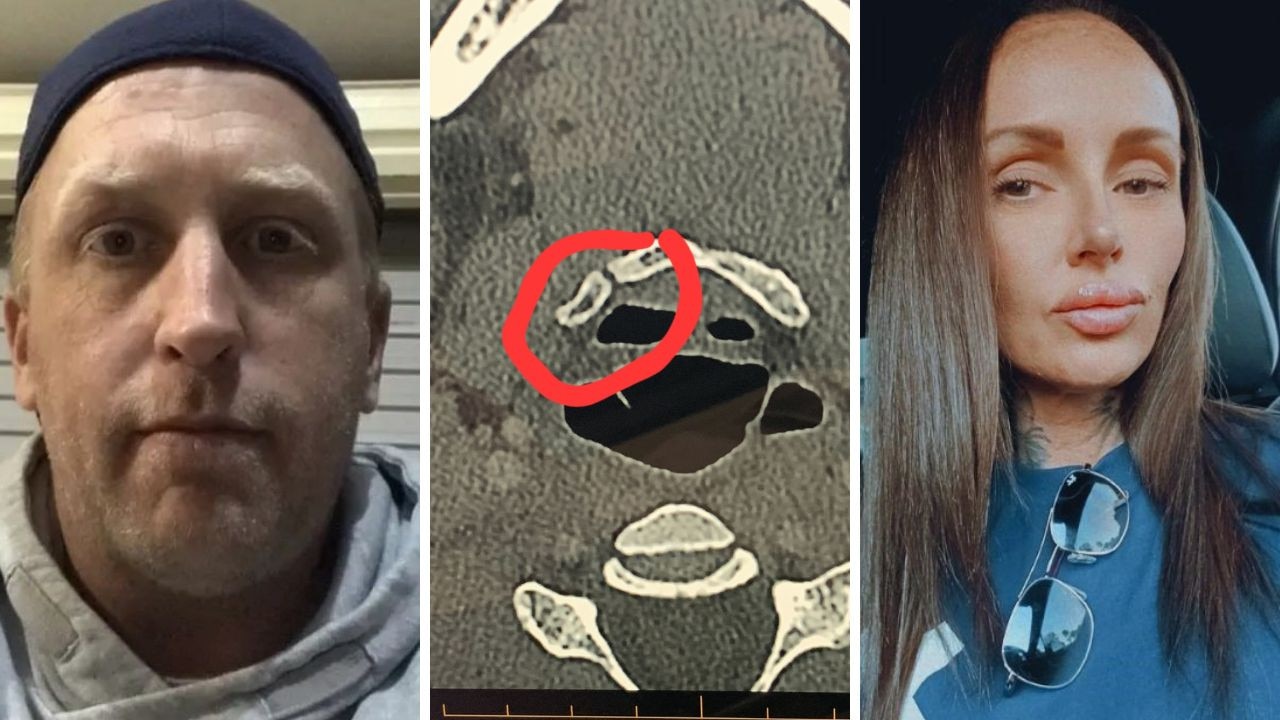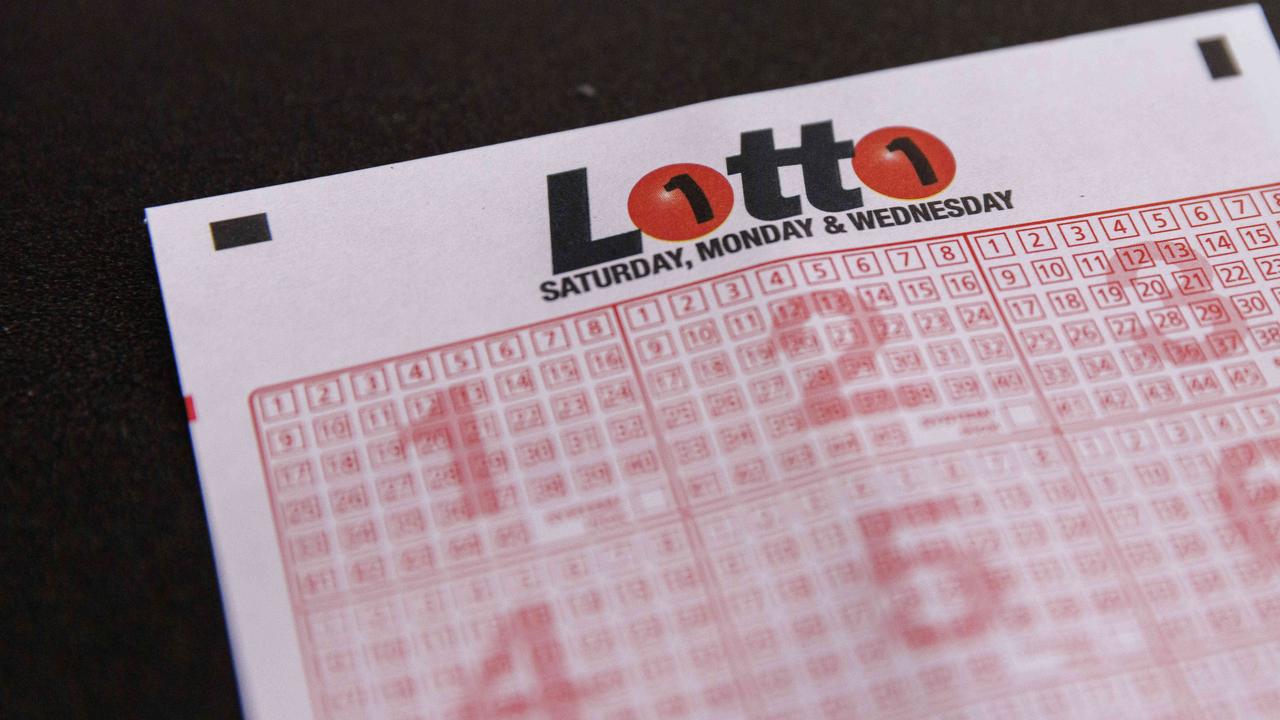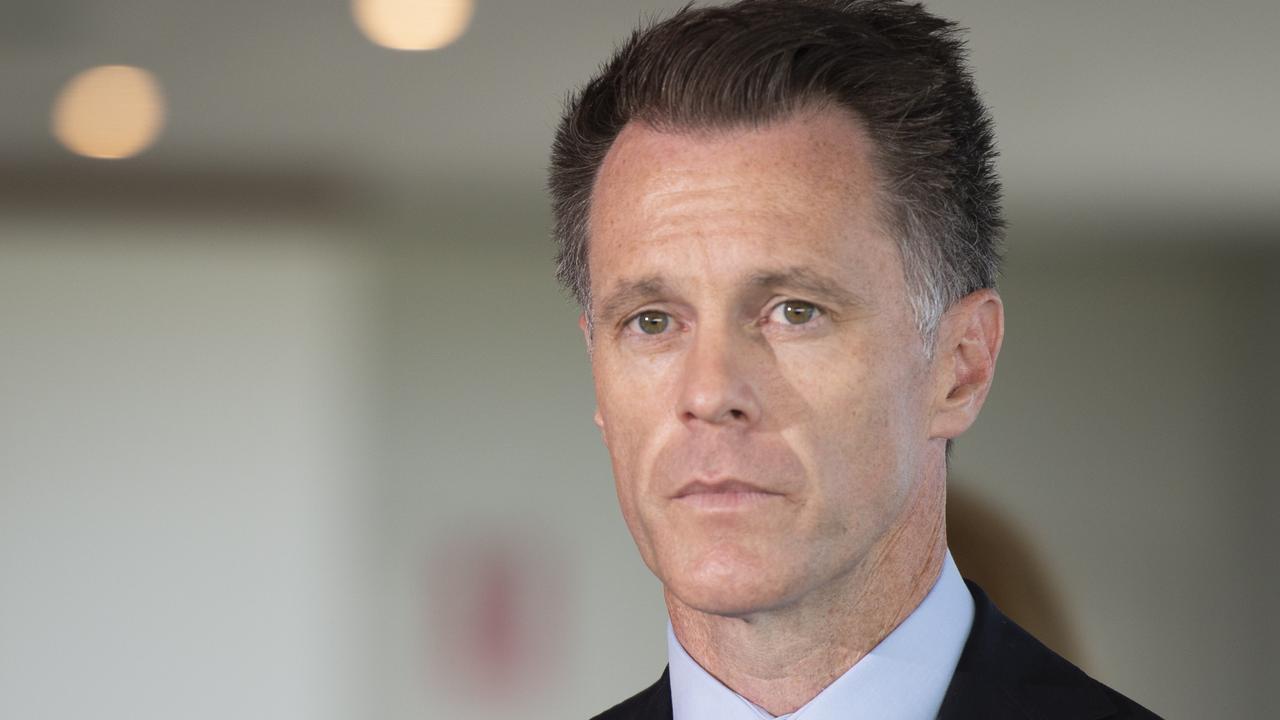Many Australian bosses believe disabled staff are faking impairment
More than half of employers believe some workers pretend to have a disability to receive extra benefits, new research shows.

National
Don't miss out on the headlines from National. Followed categories will be added to My News.
Aussie bosses want proof of a worker’s disability, with many convinced staff are faking their impairment.
As the Disability Royal Commission resumes public hearings this week, “disappointing’’ research from employment services group APM shows more than half of employers believe some workers pretend to have a non-visible disability to receive extra benefits.
Two-thirds of employers want proof of diagnosis before providing support to workers, while almost a third say non-visible disabilities are not “real’’ disabilities, the research reveals.
LACK OF PROGRESS
Australian Network on Disability chief executive Corene Strauss says while significant inroads have been made to reduce discrimination against other minority groups, the research shows there’s been little progress when it comes to disability.
“I find these results very disappointing,’’ she says.
“This just shows a lack of understanding about invisible disability.
“(Employers) shouldn’t need to be asking for a medical certificate. You should be relying on the trust you have with your employee.
“There’s always going to be some people – with or without a disability – who try and rort the system but you would never want to say you have got a disability if you don’t have a disability.’’

According to advocacy group Attitude Foundation, up to 90 per cent of people with a disability have an invisible, or hidden, disability, which may not be immediately apparent to others but can include vision and hearing loss, autism, epilepsy, multiple sclerosis and chronic fatigue syndrome.
The Victorian Equal Opportunity and Human Rights Commission says diabetes, depression and anxiety, and dyslexia are other common forms of invisible disability.
The APM research also shows three in five Aussie workers with a disability are nervous about telling bosses of their impairment.
Many report performing poorly at work because they are trying to hide their disability, while almost a third say there have been negative consequences post-disclosure.
IT’S HURTFUL
Ben Gritt has been legally blind since childhood, with 6 per cent vision in one eye and none in the other.
Despite holding qualifications in welding and community services – sectors that are crying out for workers – he has struggled to find employment.
He last worked as a trade assistant for a wood company but was made redundant at the start of the pandemic.

After applying for “a hundred” roles, Gritt has given up and, now self-employed, earns his money by running ceramic pottery workshops for others with a disability.
“On the phone, (prospective employers) would be enthusiastic and happy to talk to me and I would be feeling like I was going to get a good outcome (be hired),’’ he says.
“But when I turned up for the (face-to-face) interview, especially when I had a guide dog, their attitude would completely change.’’
Gritt says feedback he has received indicated companies were concerned about the cost of insurance and any office modifications required to hire people with a disability.
There were also fears Gritt’s guide dog would pose a danger to other workers.
“But probably the most hurtful thing is when I had a potential employer say, ‘I would love to employ you but what would my customers think if they saw you’,’’ Gritt says.
STILL HOPEFUL
APM general manager of projects Fiona Kalaf believes employer fears that workers are faking a disability stem from television exposés of so-called injured Aussies on worker’s compensation who are secretly filmed performing gardening and other household chores.
But she hopes attitudes towards those with a disability are changing, with the research also showing 82 per cent of businesses want to build a more inclusive workplace.

“It’s just that when the rubber hits the road, or when you get to that moment of truth (and are about to hire someone with a disability), that’s where we are getting that disconnect,’’ Kalaf says.
In many cases, the modifications needed by employees with a disability are minimal – such as flexible work agreements to enable them to take breaks when tired, not unlike arrangements for parents to drop-off and pick-up children from school, Kalaf says.
Funding is available where modifications to workplace equipment or infrastructure is required, she says.
CASE FOR CHANGE
• There are 2.1 million Australians of working age (15 to 24 years) with a disability. Of these, just under half (47.8 per cent) are employed, compared to 80.3 per cent of people without a disability.
• One in five, or 4.4 million, Australians have some form of disability. Hidden disabilities are the most common form of disability – only 4.4 per cent of Australians with a disability use a wheelchair.
• Almost one in five (18.9 per cent) people with a disability aged 15 to 24 years experience discrimination. In almost half of these instances, the source of discrimination is an employer.
• 34 per cent of people with a disability are managers and professionals.
• Graduates with a disability take 61.5 per cent longer to gain full-time employment than other graduates.
Source: Australian Network on Disability
Originally published as Many Australian bosses believe disabled staff are faking impairment








